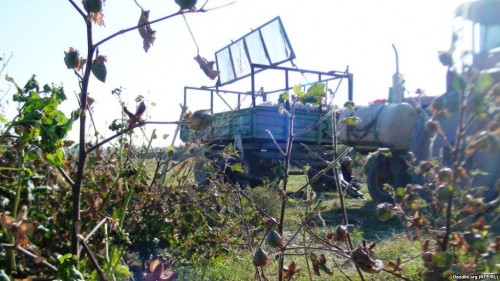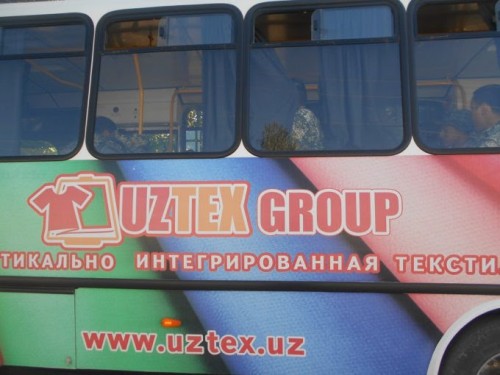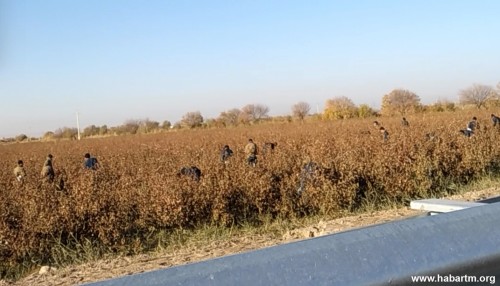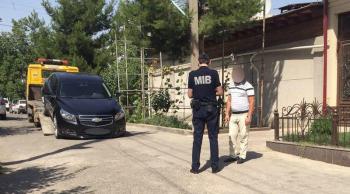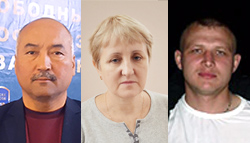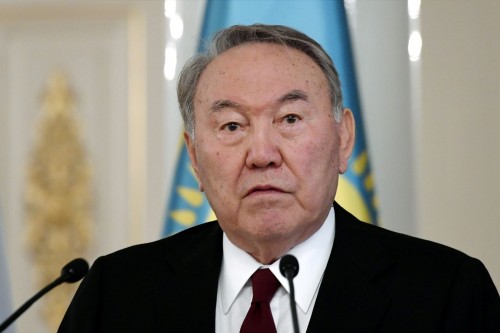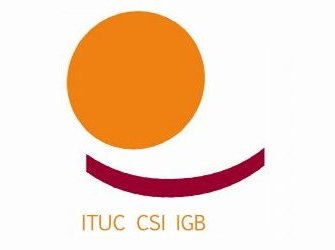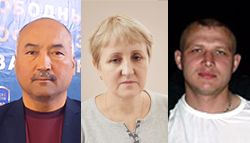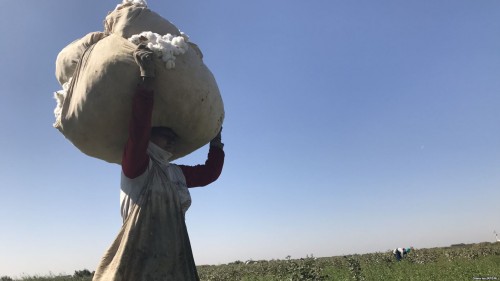Countries
Solidarity campaigns
13 August 2024
Georgia: Support striking workers at Evolution Gaming
5 June 2023
Georgia: Justice for Wolt couriers
10 May 2023
Belarus: Trade union activity is not extremism!
2 November 2019
Kazakhstan: Trade unionist Erlan Baltabay imprisoned - again!
19 November 2018
Kazakhstan: Stop repression and physical attacks on leaders of independent unions; hands off Larisa Kharkova, Erlan Baltabai and Dmitriy Senyavskiy
18 April 2018
MALOKHAT STILL NEEDS YOUR HELP
News
06 December, 2018 / kyrgyzstan
Concluding Statement of the Laboratory on Labour Rights in Central Asia within the framework of the XII International Festival of Human Rights Documentary Films.
The Laboratory on Labour Rights, organised by the International Labour Rights Monitoring Mission in Central Asia as part of the Bir Duino International Festival of Human Rights Documentary Films, with participation of representatives of independent trade union and human rights organisations from Belarus, Germany, Kazakhstan, Kyrgyzstan, Moldova, Norway, Russia, Tajikistan, Turkmenistan, Ukraine, Uzbekistan and the USA
05 December, 2018 / uzbekistan
Tashkent Region: Two Farmers Arrested for Defaulting on Cotton Loans
Two farmers from the village of Uzbekistan in the Akkurgan district of the Tashkent region, 39-year-old Sherali Toshiboev and 54-year-old Erkin Maripov, were arrested for not repaying loans for cotton. Erkin Maripov was released on November 24 after his family repaid part of the loan. Sherali Toshiboev remains in custody.
04 December, 2018 / uzbekistan
Relatives of Sanjar Baratov, a 33-year-old farmer from the Jizzakh region in Uzbekistan, said that he took his own life because he felt desperate after Enforcement Bureau officers confiscated his property for failure to pay off a bank loan.
One of the soldiers told Ozodlik that despite the lack of cotton in the fields, ten thousand soldiers of the Uzbek Armed Forces are picking cotton in the Akaltyn district of the Syrdarya region. An employee of the regional administration later confirmed this information
04 December, 2018 / turkmenistan
Soldiers finish cotton harvest in Turkmenistan
Conscripts have been harvesting the last of the cotton in at least two regions in Turkmenistan, as low pay and freezing weather put off hired laborers.Conscripts were sent to pick cotton in several districts in the southeast Mary region at the end of November. They wore military uniform and travelled to the fields in army Ural and Kamaz trucks.
04 December, 2018 / uzbekistan
An Uzbek farmer hanged himself after confiscation of his property
Relatives of Sanjar Baratov, a 33-year-old farmer from the Jizzakh region in Uzbekistan, said that he took his own life because he felt desperate after Enforcement Bureau officers confiscated his property for failure to pay off a bank loan.
30 November, 2018 / kazakhstan
Statement of Executive Committee of the Belarusian Congress of Democratic
On behalf of its members the BKDP Executive Committee expresses its deep indignation at continuing attacks of the authorities of Kazakhstan on the rights and freedoms of workers and our brothers and sisters from independent trade unions of Kazakhstan. The attacks are accompanied by reprisals, prosecutions, and threats to use physical violence against leaders and activists of the Confederation of Independent Trade Unions of the Republic of Kazakhstan (KNPRK) which recently has been unlawfully dissolved by the authorities.
28 November, 2018 / kazakhstan
De glemte diktaturene
Skyting av streikende arbeidere, angrep på journalister og statsdrevet slavearbeid. Diktaturene i Sentral-Asia plager bokstavelig talt livet av egen befolkning – til øredøvende stillhet.
27 November, 2018 / kazakhstan
Statement of PERC Youth Committee on Trade Unions in Kazakhstan
On October the 22nd 2018, the Pan-European Regional Council (PERC) Executive Committee adopted a recommendation to the ITUC General Council that the membership of the Federation of Trade Unions of Republics of Kazakhstan (FPRK) must be suspended.
25 November, 2018 / kazakhstan
Kazakhstan: Stop repression and physical attacks on leaders of independent unions; hands off Larisa Kharkova, Erlan Baltabai and Dmitriy Senyavskiy
Support the campaign "Kazakhstan: Stop repression and physical attacks on leaders of independent unions; hands off Larisa Kharkova, Erlan Baltabai and Dmitriy Senyavskiy", running in partnership with the International Trade Union Confederation, IndustriALL, KNPRK - the Confederation of Independent Trade Unions of Kazakhstan ,Confederation of Labour of Russia (KTR), Industri Energi and the Arthur Svensson Foundation.
24 November, 2018 / uzbekistan

